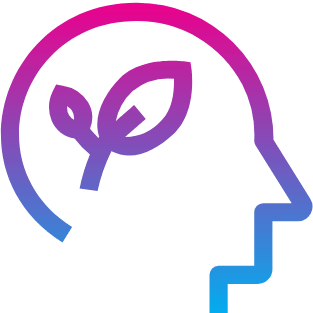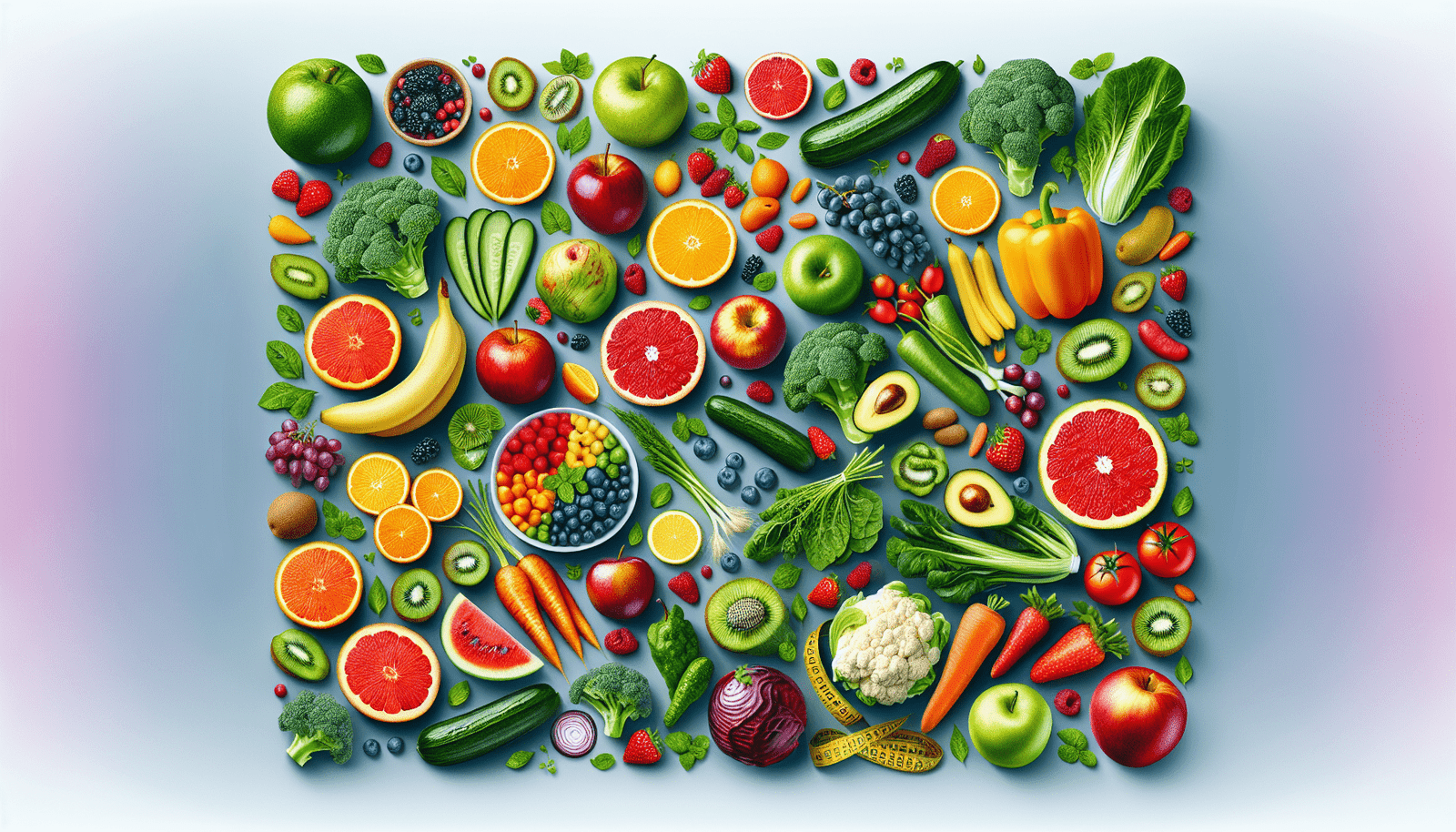Are vegetarian and vegan diets effective for weight loss? Many people choose to follow these plant-based diets in hopes of shedding excess pounds and improving their overall health. These diets typically focus on whole, unprocessed foods such as fruits, vegetables, legumes, and whole grains while avoiding animal products like meat, dairy, and eggs. Research suggests that vegetarian and vegan diets can result in weight loss due to their high fiber content, lower calorie density, and potential for increased satiety. However, it is important to note that weight loss success ultimately depends on individual factors such as overall calorie intake, exercise habits, and adherence to the diet. Are vegetarian or vegan diets effective for weight loss?
Introduction
Hey there! If you’re looking to shed some extra pounds and considering switching to a vegetarian or vegan diet, you’ve come to the right place. In this article, we’ll explore whether these diets are effective for weight loss and provide you with all the information you need to make an informed decision. Let’s dive in!

What is a Vegetarian Diet?
Let’s start with the basics. A vegetarian diet excludes meat, poultry, and seafood. However, some vegetarians may still consume dairy products and eggs. This diet is typically rich in fruits, vegetables, whole grains, nuts, and seeds.
What is a Vegan Diet?
On the other hand, a vegan diet goes a step further and eliminates all animal products, including dairy, eggs, and even honey. In addition to fruits, vegetables, whole grains, nuts, and seeds, vegans may also incorporate plant-based alternatives like tofu, tempeh, and seitan into their meals.
Weight Loss and Vegetarian Diet
Research has shown that vegetarian diets can be effective for weight loss. This is largely due to the emphasis on whole, plant-based foods that are often lower in calories and saturated fats than animal products. Additionally, vegetarians tend to consume more fiber, which can help with satiety and reduce overall calorie intake.
Weight Loss and Vegan Diet
Similarly, vegan diets have also been linked to weight loss. By cutting out all animal products, vegans naturally consume fewer calories and less saturated fats. Many plant-based foods are high in fiber and water content, which can help you feel full and satisfied while consuming fewer calories.

Key Differences Between Vegetarian and Vegan Diets
While both vegetarian and vegan diets can be effective for weight loss, there are some key differences between the two. Understanding these differences can help you choose the diet that works best for your weight loss goals.
| Aspect | Vegetarian Diet | Vegan Diet |
|---|---|---|
| Animal Products | Excludes meat, poultry, and seafood. May include dairy products and eggs. | Excludes all animal products, including dairy, eggs, and honey. |
| Calcium Intake | Generally easier to meet calcium needs through dairy products. | Vegans may need to rely on fortified plant-based alternatives for calcium intake. |
| Vitamin B12 Intake | May naturally get B12 from dairy products and eggs. | May need to take B12 supplements or consume fortified foods to meet B12 needs. |
Tips for Weight Loss on Vegetarian or Vegan Diets
Now that you understand the basics of vegetarian and vegan diets for weight loss, here are some tips to help you succeed:
- Include a Variety of Foods: to ensure you’re getting all the essential nutrients your body needs, include a wide range of fruits, vegetables, whole grains, nuts, seeds, and plant-based proteins in your diet.
- Watch Your Portions: while plant-based foods are generally healthier, it’s still important to watch your portion sizes to avoid overeating and consuming excess calories.
- Stay Hydrated: drinking plenty of water throughout the day can help you feel full and prevent overeating.
- Incorporate Exercise: combine your healthy diet with regular physical activity for optimal weight loss results.
- Monitor Your Progress: keep track of your food intake, exercise routine, and weight loss progress to stay motivated and make adjustments as needed.

Potential Pitfalls of Vegetarian or Vegan Diets for Weight Loss
While vegetarian and vegan diets can be effective for weight loss, there are some potential pitfalls to be aware of. By addressing these challenges, you can set yourself up for long-term success on your weight loss journey.
Nutrient Deficiencies
One common concern with vegetarian and vegan diets is the risk of nutrient deficiencies. Key nutrients to pay attention to include:
- Protein: make sure you’re getting enough protein from plant-based sources like beans, lentils, tofu, and tempeh.
- Iron: plant-based sources of iron include lentils, chickpeas, tofu, and spinach. Pairing these foods with vitamin C-rich sources can help enhance iron absorption.
- Calcium: if you’re not consuming dairy products, consider fortified plant-based alternatives like calcium-fortified plant milks.
- Vitamin B12: consider taking a B12 supplement or consuming fortified foods to meet your needs.
Highly Processed Vegan Alternatives
While some vegan products like plant-based meats and cheeses can be convenient, they are often highly processed and may be high in saturated fats, sodium, and added sugars. Including these foods in moderation and focusing on whole, plant-based foods is key for weight loss success.
Lack of Planning
One of the pitfalls of any diet is poor planning. Without proper meal preparation and stocking your pantry with healthy options, it can be easy to fall back on convenience foods that may not align with your weight loss goals. Take the time to plan your meals, grocery shop mindfully, and prepare nutritious snacks to set yourself up for success.
Conclusion
In conclusion, both vegetarian and vegan diets can be effective for weight loss when planned and executed thoughtfully. By focusing on whole, plant-based foods, watching your portion sizes, staying hydrated, incorporating exercise, and monitoring your progress, you can achieve your weight loss goals on a vegetarian or vegan diet.
Remember, every body is different, so it’s essential to listen to your body’s needs and consult with a healthcare professional or registered dietitian if you have any concerns or specific dietary requirements. With dedication and mindful eating habits, you can successfully reach your weight loss goals on a vegetarian or vegan diet. Good luck on your journey to a healthier you!




